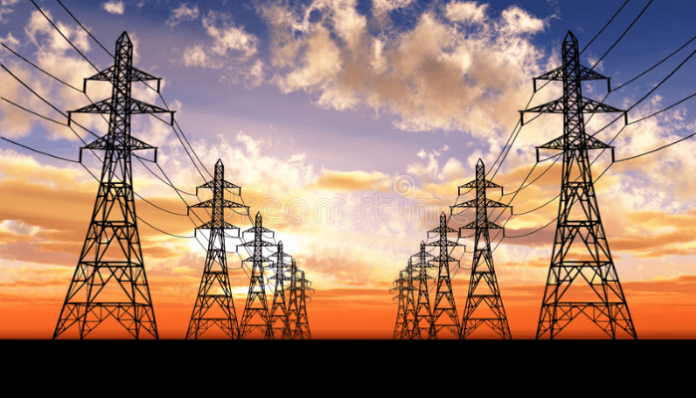Pakistan’s power distribution companies (DISCOs) are losing approximately $1 billion annually due to widespread electricity theft, transmission losses, and operational inefficiencies, severely affecting their ability to upgrade infrastructure and sustain long-term viability, according to an annual report by the Ministry of Finance.
The Ministry of Finance’s report, released in compliance with IMF conditions, highlights the financial and structural challenges facing key DISCOs, including IESCO, LESCO, MEPCO, HESCO, GEPCO, QESCO, and PESCO. The report reveals that circular debt has become deeply entrenched, primarily due to the companies’ inability to recover enough revenue from consumers to cover electricity generation and distribution costs.
The report highlights that QESCO recorded the highest losses at Rs120.4 billion, followed by PESCO with Rs88.7 billion, SEPCO with Rs37 billion, LESCO with Rs34.5 billion, HESCO with Rs22.1 billion, IESCO with Rs15.8 billion, TESCO with Rs9.5 billion, and GEPCO with Rs8.5 billion.
Additionally, generation companies also reported significant losses, with GENCO-II losing Rs17.6 billion and GENCO-III incurring Rs7.8 billion in losses.
The financial crisis is further exacerbated by poor bill collection rates, transmission and distribution losses, delays in government subsidies, and infrequent tariff adjustments. This revenue shortfall hinders necessary investments in infrastructure maintenance and operational efficiency, perpetuating a cycle of inefficiency and financial instability.
The report identifies two major risks—operational and credit-related—that threaten the sustainability of DISCOs. Aging infrastructure, high technical losses, and electricity theft significantly increase operational risks, while credit risks stem from large outstanding receivables, weak revenue recovery, and delays in government payments. The resulting cash flow shortages prevent DISCOs from investing in system upgrades, such as advanced metering infrastructure (AMI), which could help curb losses.
Frequent government interventions and delays in tariff revisions further prevent DISCOs from charging consumers the actual cost of electricity, widening the financial gap. This continuous cycle of debt, inefficiency, and inadequate investment is eroding the financial stability of Pakistan’s energy sector, making it increasingly difficult to sustain and modernize the country’s power distribution network.




